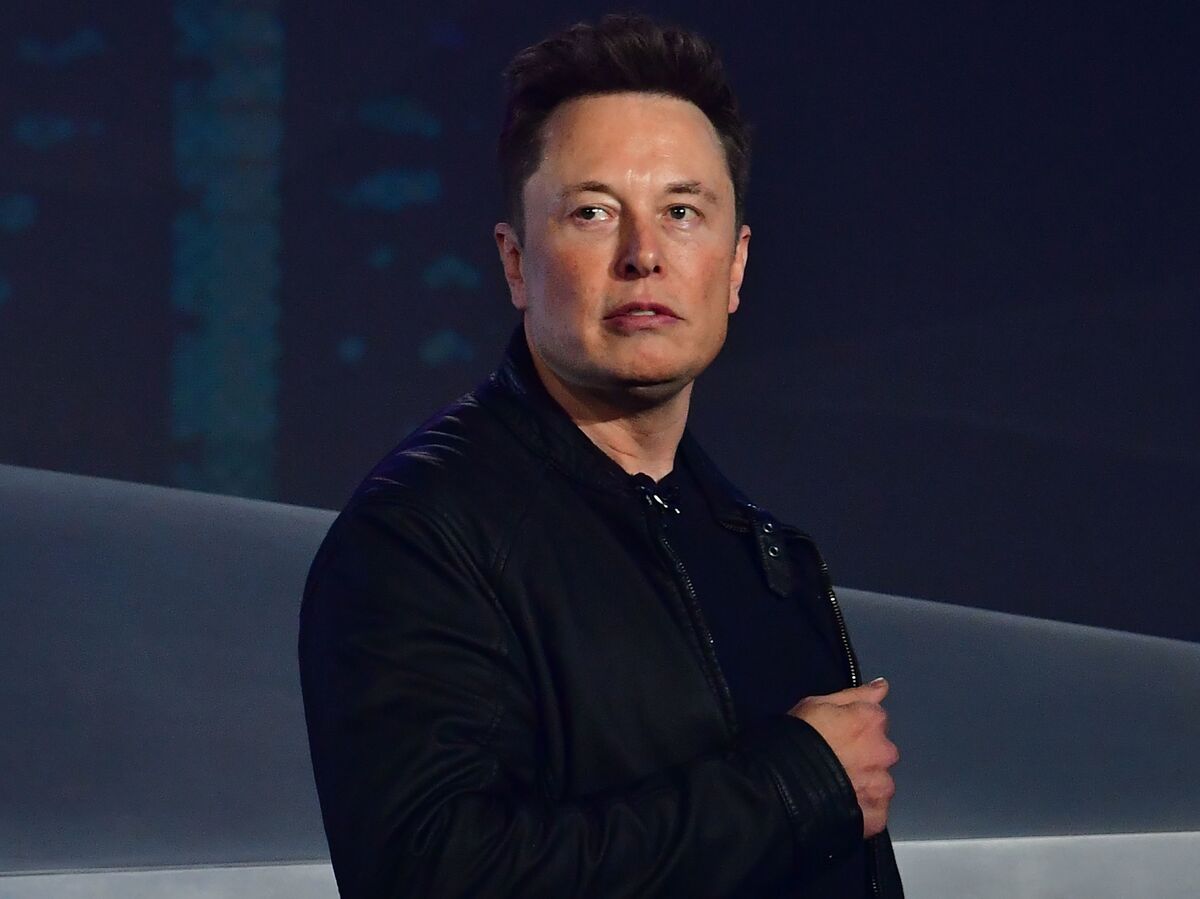
Tesla co-founder and CEO Elon Musk purchased Twitter on October 27, 2022. He vowed to overhaul the platform's business model (Photo by Frederic J. BROWN / AFP) (Photo by FREDERIC J. BROWN/AFP via Getty Images) FREDERIC J. BROWN/AFP via Getty Images hide caption

Tesla co-founder and CEO Elon Musk purchased Twitter on October 27, 2022. He vowed to overhaul the platform's business model (Photo by Frederic J. BROWN / AFP) (Photo by FREDERIC J. BROWN/AFP via Getty Images)
FREDERIC J. BROWN/AFP via Getty ImagesA surge in anti-Semitic and racist tweets, an incoherent rollout of a paid verification service, and thousands of layoffs. Then a scramble to rehire some employees. This is just a sampling of the rocky start that has marred Elon Musk's ownership of Twitter.
It's impossible to deny that Musk is a highly successful businessman who made some high-visibility missteps on the way to Tesla and SpaceX. But unlike those companies, Twitter is not about goods and services. For millions of users, it's about community. And many of those users feel that Musk will end up destroying these virtual communities.
With the hashtag #TwitterMigration, disgruntled users have sparked a mini-movement, leaving the platform for the social network Mastodon over concerns about increasing hate speech and misinformation.
But others are defiantly staying put - ready to fight back to sustain the influential communities that have made the platform their home.
Host Michel Martin speaks with Meredith Clark, Associate Professor of Journalism and Communication Studies at Northeastern University, and the author of a forthcoming book on Black Twitter.
Email us at
This episode was produced by Marc Rivers. It was edited by Jeanette Woods. Our executive producer is Natalie Winston.

 Live Radio
Live Radio